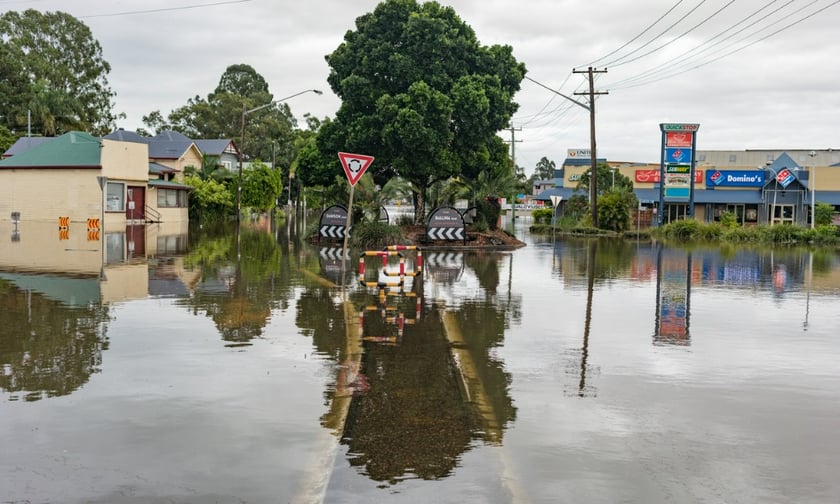The number is lower than what was recorded a year prior

Global natural disasters have caused more than $117 billion in economic losses for the first half of 2024, a report published by global professional services firm Aon found.
Aon’s “Global Catastrophe Recap: First Half 2024” report noted that the total was notably lower than the $226 billion in economic losses recorded in the first half of 2023. It was also lower than the 21st century first half average, which was $137 billion.
The report, which was published by Aon’s Impact Forecasting team, also found that the recorded global insured losses for the first half of the year were at least $58 billion. This was higher than the 21st century first half average of $39 billion but was lower than what was recorded in the last three years, which exceeded $60 billion by the end of June.
The report further found that the total number of fatalities caused by natural catastrophe events was estimated to be more than 6,000, which was the lowest recorded number since 2020. The insurance protection gap was also estimated to have lowered to 50%, which was caused by the elevated insurance payouts for US severe convective storm (SCS) damage.
“It is great to see a lowering of the global protection gap, which is a result of the high levels of insurance coverage for the SCS events observed in the first half of 2024,” said Michal Lörinc, head of catastrophe insight at Aon.
“However, the re/insurance industry needs to continue its efforts to increase levels of insurance in emerging markets, through provision of not just capital and capacity, but also advanced data and analytics, which help to qualify and quantify the risk, and ultimately shape better decisions.”
The report further found that natural disasters in the US accounted for almost 80% of the global insured losses in the first half of 2024 as it reached nearly $46 billion. There were 30 economic loss events in the first half of the year that cost more than $1 billion. About 22 of them occurred in the US, two in South America, four in Asia, and two in EMEA.
What are your thoughts on this story? Share your comments below.
Keep up with the latest news and events
Join our mailing list, it’s free!




